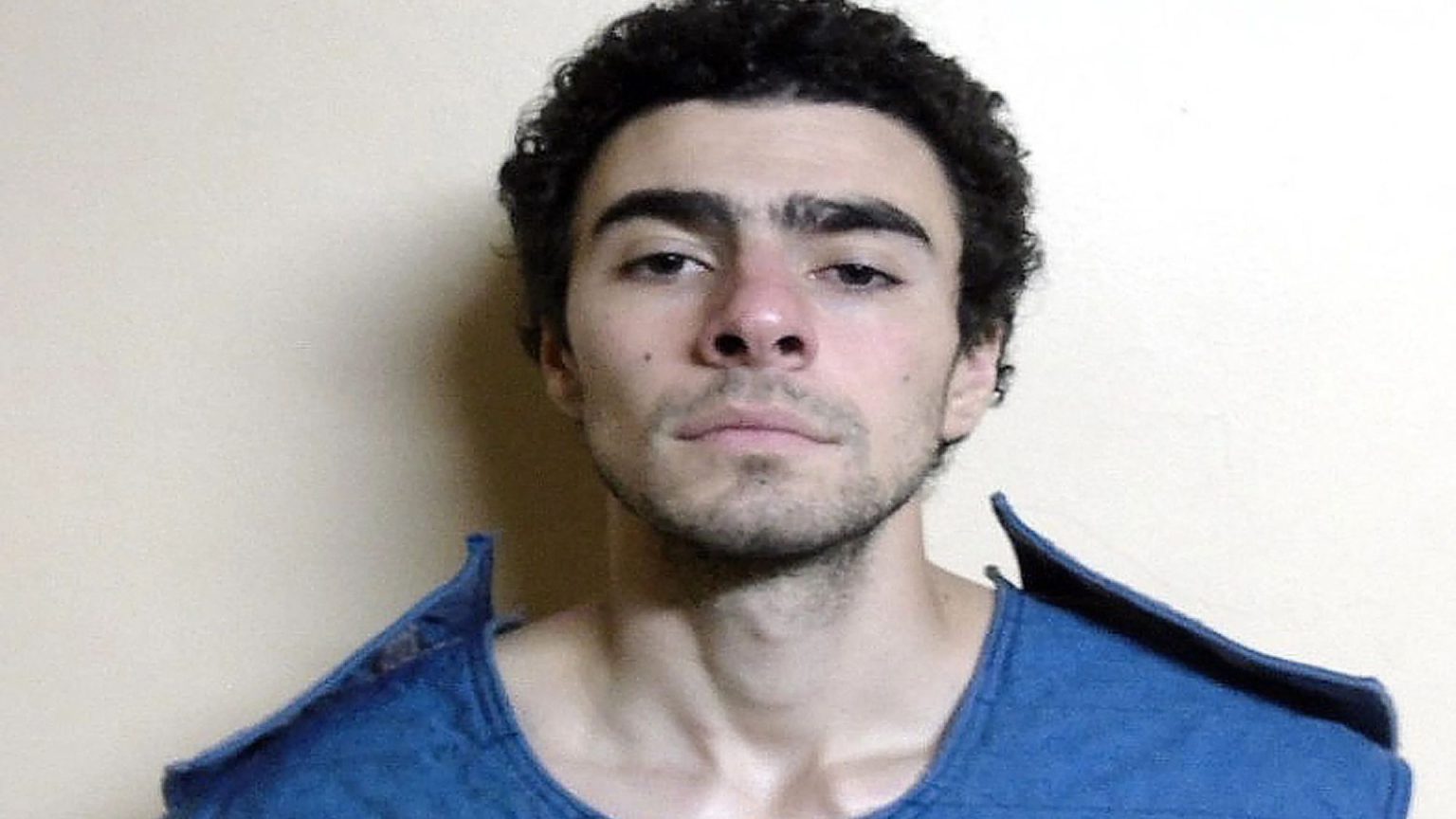Luigi Mangione, a 26-year-old Ivy League graduate, has been arrested and charged with the murder of Brian Thompson, CEO of UnitedHealthcare. The seemingly senseless act has baffled investigators, as police have revealed that Mangione had no apparent connection to the insurance giant, neither as a client nor having any known personal grievance against the company or Thompson himself. This revelation deepens the mystery surrounding the motive behind the cold-blooded shooting outside a Manhattan hotel on December 4th.
Mangione’s arrest followed a nationwide manhunt that ended at a McDonald’s in Altoona, Pennsylvania, where an alert employee recognized him and contacted authorities. Initial theories exploring potential motives centered around health issues Mangione was known to have experienced. Prior to the shooting, Mangione had documented his struggles with various health problems on online platforms, including chronic back pain stemming from a slipped vertebra, Irritable Bowel Syndrome (IBS), and sleep disturbances. He detailed the impact of his back injury on his life, expressing fears of a future confined to chronic pain and a sedentary lifestyle, although he later wrote about the success of his spinal fusion surgery. These posts, coupled with his apparent fixation on UnitedHealthcare being the fifth largest corporation in America and consequently the largest healthcare organization, led investigators to initially suspect a possible link between his health struggles and the targeting of the insurance company’s CEO.
However, the NYPD Chief of Detectives, Joseph Kenny, has explicitly stated that there is no evidence to suggest Mangione was ever a UnitedHealthcare client. Kenny speculates that Mangione might have chosen UnitedHealthcare as his target precisely because of its status as a major healthcare entity, suggesting a possible, though still unclear, connection to his health struggles. This statement further complicates the already perplexing picture of the suspect and his motives. While Mangione’s online posts reveal a preoccupation with his health issues, they offer no concrete explanation for the extreme act of violence he is accused of committing.
Mangione’s background paints a contrasting image to his alleged actions. Described as a bright, popular, and athletic individual during his time at Gilman School in Baltimore, where he was valedictorian, and later at the University of Pennsylvania, he had no prior criminal record. His accomplishments included graduating cum laude with a degree in Computer and Information Science from the University of Pennsylvania, followed by a master’s degree from the same institution. He held a position as a data engineer in California and later moved to Hawaii. His family includes a Republican Maryland House of Delegates member. This seemingly successful and privileged background further adds to the enigma of his alleged involvement in the murder.
The drastic shift in Mangione’s behavior and demeanor leading up to the shooting has been noted by friends and family. Reports suggest he became increasingly isolated and withdrawn, leading his family to file a missing persons report with San Francisco authorities just a month before the shooting. Friends attempted to reach out to him on social media, expressing concern over his prolonged silence. His former high school classmate, Aaron Cranston, revealed to The New York Times that Mangione’s family had contacted several of his friends, desperately seeking information on his whereabouts.
The investigation into Mangione’s alleged actions continues as authorities attempt to piece together the fragments of information and understand what could have driven this seemingly ordinary young man to commit such a violent act. The lack of a clear connection to the victim or his company, coupled with Mangione’s documented health struggles and his increasingly isolated behavior, presents a complex and baffling puzzle that investigators are working to unravel. The case highlights the difficulty in comprehending acts of seemingly random violence and the often-hidden struggles that can drive individuals to extreme measures.











